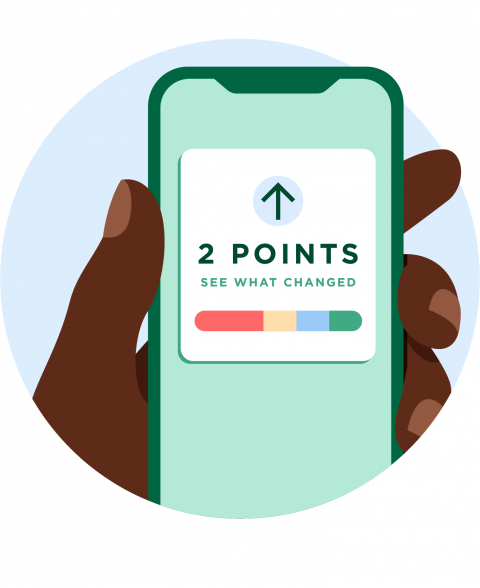Collection Being Reported on Credit Report Again
Collections accounts generally stick to your credit reports for seven years from the point the account first went delinquent.
But you may want them off sooner than that; unpaid collections can make you look bad to potential creditors. And while newer versions of FICO and VantageScore credit scores ignore paid collections , many lenders still use older formulas that count even paid collections against you.
Here are steps to remove a collections account from your credit report:
-
Do your homework
-
Dispute the account if there's an error
-
Ask for a goodwill deletion if you paid the collections
-
An unlikely option: Pay for delete
1. Do your homework
Get information on the debt from two places: your credit reports and your own records.
Until the end of 2022, you can get a free credit report every week from each of the three major credit bureaus by using AnnualCreditReport.com . In addition, you can check your free credit report at NerdWallet as often as you like, along with a free credit score, both from TransUnion.
Gather your own records for details on the account, including its age and your payment history.
Between the two, verify these details:
-
Account number
-
Account status (paid, charged off, closed)
-
The date the debt went delinquent and was never again brought up to date
Once you have the details straight, you can decide which approach works for you.
2. If a collection is on your report in error, dispute it
You may have a collections account on your credit report that shouldn't be there. Maybe it's too old to still be reported, or the collection itself is incorrect.
Too old to be reported: Delinquent accounts should fall off your credit report seven years after the date they first became and remained delinquent. But that doesn't always happen. For debts that linger longer than they should, file a dispute with any credit bureau that still lists the debt.
If a credit bureau has made a mistake on your report — if you don't recognize the account or a paid account shows as unpaid, for example — gather documentation supporting your case. Then, file a dispute by using the credit bureau's online process, by phone or by mail. The bureau has 30 days to respond.
Collection is incorrect: If you think the error is on the part of the debt collector, not the credit bureau, ask the collector to validate the debt to make sure it's yours. Note that you have 30 days from the date the collector first contacted you to dispute the validity of the debt. If the collector can't validate, the collection should come off your reports. Follow up to make sure.
Get score change notifications
See your free score anytime, get notified when it changes, and build it with personalized insights.

3. If you already paid the debt: Ask for a goodwill deletion
You can ask the current creditor — either the original creditor or a debt collector — for what's called a " goodwill deletion ."
Write the collector a letter explaining your circumstances and why you would like the debt removed, such as if you're about to apply for a mortgage. There's no guarantee your request will be accepted, but there's no harm in asking. A record of on-time payments since the debt was paid will help your case.
Your credit record will still show the late payments leading up to the collection action, but removing the collection itself takes away a source of score damage.
4. An unlikely option: Pay for delete
Under a pay for delete agreement, debt collectors take the collections account off your credit report in exchange for payment on the debt. The collections account will be deleted, but negative information about late payments to the original creditor will persist.
However, achieving a pay for delete is uncommon, potentially unethical and soon to be outdated. Since debt collectors must report accurate information to credit reporting agencies, deleting correct information falls into a gray area.

Want nerdy knowledge that's personalized to your money? Bring all your money into one view, and get tailored insights to make the most of it. Learn more.
Source: https://www.nerdwallet.com/article/finance/get-collections-off-credit-report
0 Response to "Collection Being Reported on Credit Report Again"
Post a Comment